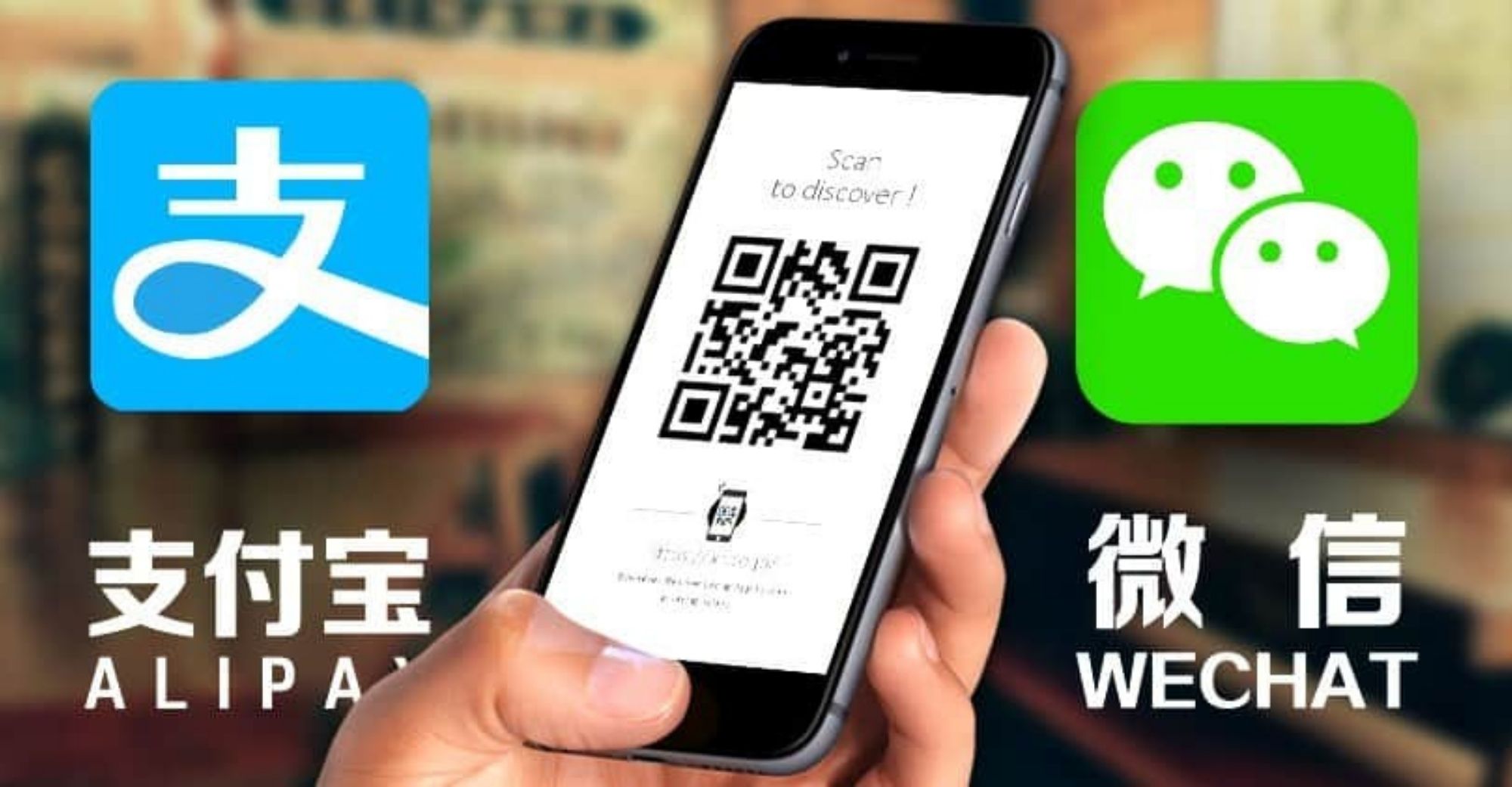Personal Payment Reception Codes on WeChat, Alipay to Be Limited From Business Operations
The personal money reception codes on electronic payment platforms will be gradually limited from use in business operations in China, indicating that personal static collection barcode of WeChat and Alipay will no longer be able to be used for business operation purposes. These updates have been revealed by a barcode payment supervision notice issued by the People’s Bank of China.
The notice issued by the central bank puts forward a series of requirements for acquiring and clearing institutions in three aspects: payment acceptance terminal business, special merchants and acquiring business monitoring.
The person in charge of relevant departments at the central bank explained that in recent years, personal collection codes have been widely used, which has improved the efficiency of funds collection, but there are also some potential risks. For example, some lawbreakers attracted a large number of people to use personal static collection barcodes to remotely transfer gambling funds. In order to better utilize the inclusiveness and convenience of the barcode for collection, the notice puts forward some targeted requirements.
SEE ALSO: Tencent’s WeChat Pay Cooperates with Unionpay QuickPass and 10 Banks
The notice clearly emphasizes that the collection code is divided into personal and business collection codes, and the business collection code is not included in this notification restriction. Among them, the main thing that will be restricted is the personal static collection barcode. According to regulations, personal static collection codes are prohibited in principle from being used for remote non-face-to-face collections. Institutions should carefully determine the whitelist of personal collection static codes and refer to special merchants for personal collection barcode users with obvious business characteristics.
In order to ensure the effective implementation of barcode requirements, the notice sets up a transitional period during which time payment service providers will be required to assess customers’ usual payment needs, then develop supporting solutions. Therefore, it will take time for WeChat and Alipay to formulate a resolution to make steady progress.






